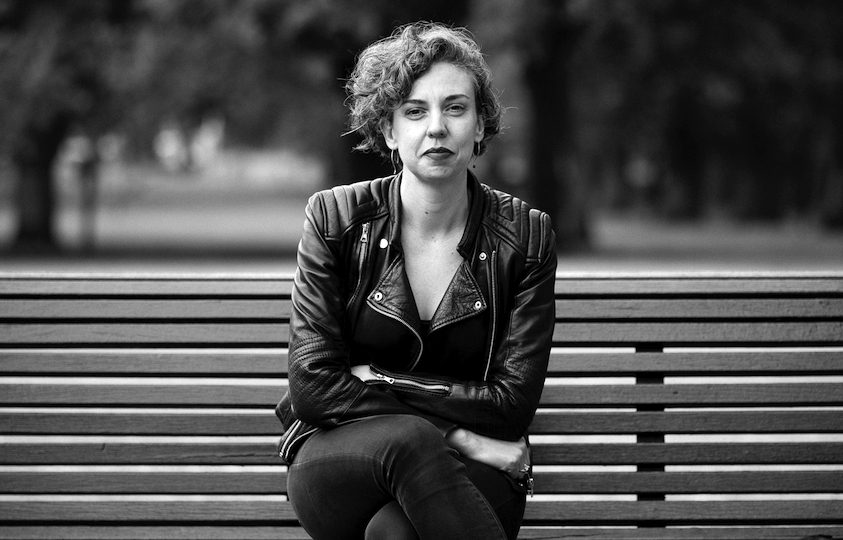
Difficult to know what one means / —to be serious and to know what one means— – George Oppen, ‘Ballad’
I snap a picture of a poem and send it to a friend. I send it because this friend says he is newly interested in poetry. I send it because this is a poem that intrigues me.
The poem is from page 37 of Michael Farrell’s latest collection, I Love Poetry. The poem on page 37 has no title, so I will refer to it from here on out as ‘37’. Not only is 37 untitled, but it is also without words. It is a full page of forward slashes, full stops, back slashes, square brackets, underscores and vertical bars or pipes. This is my attempt to replicate the first line of the poem:
///. \ / \ | // [ | _ ___| \____///. \ / \|//[| _ ___|
Now that I have sent 37 to my friend, I wait for a response, focusing hard on the rippling ellipsis that signals someone tapping on their keyboard elsewhere. In a minute his reply arrives: ‘Can you tell me what it means?’
Only a very few of my close friends are poets. I started writing late, did the wrong degree and ended up working in the wrong jobs. ‘Whenever I see line breaks, my brain just glazes over,’ a colleague said when I admitted my poetic tendencies at work. ‘I like the idea of poetry,’ another friend said when he saw me carrying around a collection. ‘But then I read it and I just feel confused.’ ‘I’m sorry, I don’t understand it,’ my mother said as she handed back a copy of the journal that gave me my first big break. (The published poem was inspired by the way she used to point out how early a particular cherry tree near my high school would bloom each year.)
It is in these moments that I position myself in a role I only faintly believe in: Defender of Poetry.
I suspect a great many poets understand this frustrating, liminal terrain. There is this thing you love – this thing you give time to, spend money on, lose sleep over – and then there are the people you love, not all of whom ‘get it’. ‘Regular people’, as US poet and critic Craig Morgan Teicher put it on a recent episode of the New Yorker’s poetry podcast.1 ‘Poetry – for better and worse, but mostly for better – has become something that can speak a lot closer to the mainstream than ever before,’ Teicher tells New Yorker poetry editor Kevin Young. ‘A poet like Danez Smith can actually talk to regular people who didn’t decide to dedicate their lives to poetry.’
(I’ve leafed through Smith’s Don’t Call Us Dead in bookshops multiple times, intending to buy it not for myself, but for friends who are new to poetry and might be open to it. Perhaps this is the book that will show them what poetry can be, I think while looking over its contents.)
No one has asked me to defend poetry. No one has told me it is my job to muster an argument not only for this poem or this poet, but for all poems. No one is handing out gold stars to people who successfully make the case for an art form that appears to revel in asking too much of its audience. But I, too, love poetry. I want to share it with others. I want everyone – especially ‘regular people’ – to know poetry is for them. And, selfishly, I want to be less lonely.
- Craig Morgan Teicher Reads Forrest Gander, The New Yorker: Poetry – 21 February 2019, online. ↩









